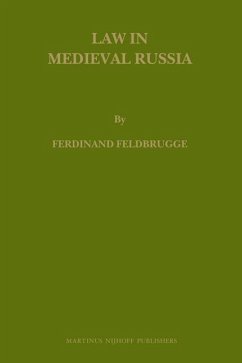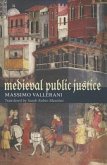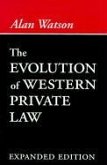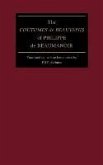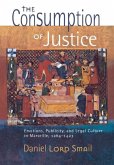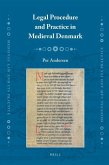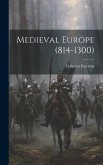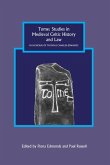Much of what we know about the colourful Russian middle ages comes from legal sources: the treaties of Russian-Scandinavian warlords with the Byzantine emperors, the gradual penetration of Christianity and Byzantine institutions, the endless game of war and peace among the numerous regional princes, the activities of Hanseatic merchants in the wealthy city-republic of Novgorod, the curious relationships between the Mongol conquerors and Russian rulers and church dignitaries, etc. And, at the even further fringes of medieval Europe, there were the Christian kingdoms of Armenia and Georgia, squeezed between the Islamic empires of Iran and Turkey, but each possessing their elaborate and original legal systems. A discussion of more general questions of legal history and legal anthropology precedes the treatment of these various topics.
Hinweis: Dieser Artikel kann nur an eine deutsche Lieferadresse ausgeliefert werden.
Hinweis: Dieser Artikel kann nur an eine deutsche Lieferadresse ausgeliefert werden.

